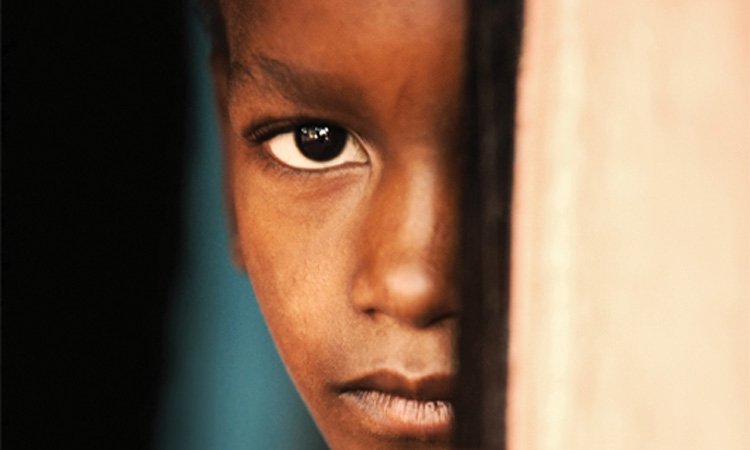Two thousand one hundred! Not a date but a number. Bono, the lead singer of rock band U2, known for his anti-poverty campaigns, notes that this is how many mentions of poverty there are in the Scriptures: “That’s a lot of airtime.” ( Bono, On the Move, 2006) In the introduction to the Poverty and Justice Bible, the Bible Society adds, “A concern for the poor and an emphasis on just and fair behaviour flows through the Bible like a river. It underpins the laws of the Old Testament and resounds through the words of the prophets; it forms a core part of all that Jesus said and did and shapes the activities of those who followed him.”
Blessed is he who considers the poor; the Lord will deliver him in time of trouble.—Psalm 41:1
The poor come to all of us in many forms. Let us be sure that we never turn our backs on them, wherever we may find them. For when we turn our backs on the poor, we turn [our backs] on Jesus Christ.—Mother Teresa (1910–1997)
Hearts and minds
Many of the world’s current problems of inequality and poverty have their origins in a loss of empathy. Author and psychologist Daniel Goleman observed, “When we focus on ourselves, our world contracts as our problems and preoccupations loom large. But when we focus on others, our world expands. Our own problems drift to the periphery of the mind and so seem smaller, and we increase our capacity for connection—or compassionate action.”
The good-hearted understand what it’s like to be poor; the hardhearted haven’t the faintest idea.—Proverbs 29:7 MSG
The justice connection
When the Bible talks about “the poor,” it’s not only referring to those who are destitute but also the downtrodden, oppressed, defenseless, and unrepresented. There is a clear connection in its pages between poverty and injustice, while justice is linked to honesty and fairness.
The Bible offers practical examples, such as giving a fair wage to employees[See Deuteronomy 24:14–15.] and sharing part of our income.[See Leviticus 23:22.] Jesus also suggested making friends with those who are less fortunate than ourselves.[See Luke 14:12–14.]
Always be generous, open purse and hands, give to your neighbors in trouble.—Deuteronomy 15:11 MSG
See that justice is done, let mercy be your first concern—Micah 6:8 CEV
The best index to a person’s character is how he treats people who can’t do him any good.—Abigail Van Buren (1918–2013)
What can I do?
Even with limited resources, there are always ways to make a difference. We can share our time, we can be fair and honest at work, we can speak up for those who have no voice of their own.
Break the chains of injustice, get rid of exploitation in the workplace, free the oppressed, cancel debts. What I’m interested in seeing you do is: sharing your food with the hungry, inviting the homeless poor into your homes, putting clothes on the shivering ill-clad, being available to your own families. … If you get rid of unfair practices, quit blaming victims, quit gossiping about other people’s sins, if you are generous with the hungry and start giving yourselves to the down-and-out, your lives will begin to glow.—Isaiah 58:6–7,9–10 MSG
Dear Lord,
Help us to follow your example,
by looking out for those who each day feel that they are marginalised,
who cannot find hope,
who believe that they have little to offer,
who are overcome by the challenges of poverty.
Help us to widen our horizons,
to make space for the stranger,
to watch out for those who feel invisible,
to give time to the outsider,
to talk to the person facing silence,
to restore justice and value.
Give us the courage to undertake this, the determination to join with others in seeing grace in every human face,
and the faith to embrace the opportunity.
—A prayer for justice from the Church Urban Fund (www.cuf.org.uk)
